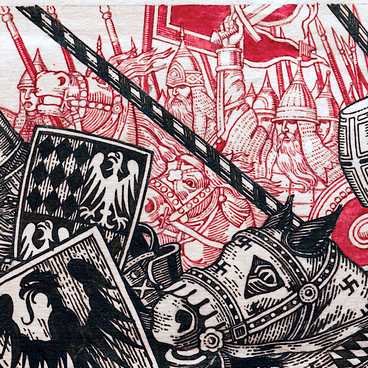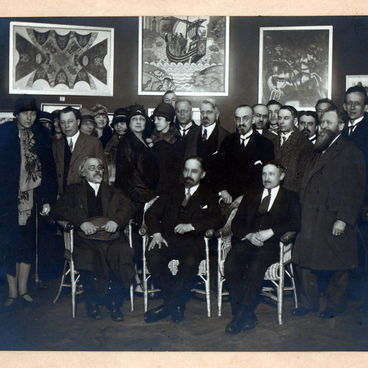The split among the Russian émigré deepened in the 1930s and most of them were extremely impoverished. The idea of any kind of restoration of the former system in Russia became clearly absurd to all sober-minded people. During this period Bilibin made a firm decision to return to his homeland.
From Ivan Bilibin’s letter to the director of the All-Russian Academy of Arts Isaak Izrailevich Brodsky:
From Ivan Bilibin’s letter to the director of the All-Russian Academy of Arts Isaak Izrailevich Brodsky:



